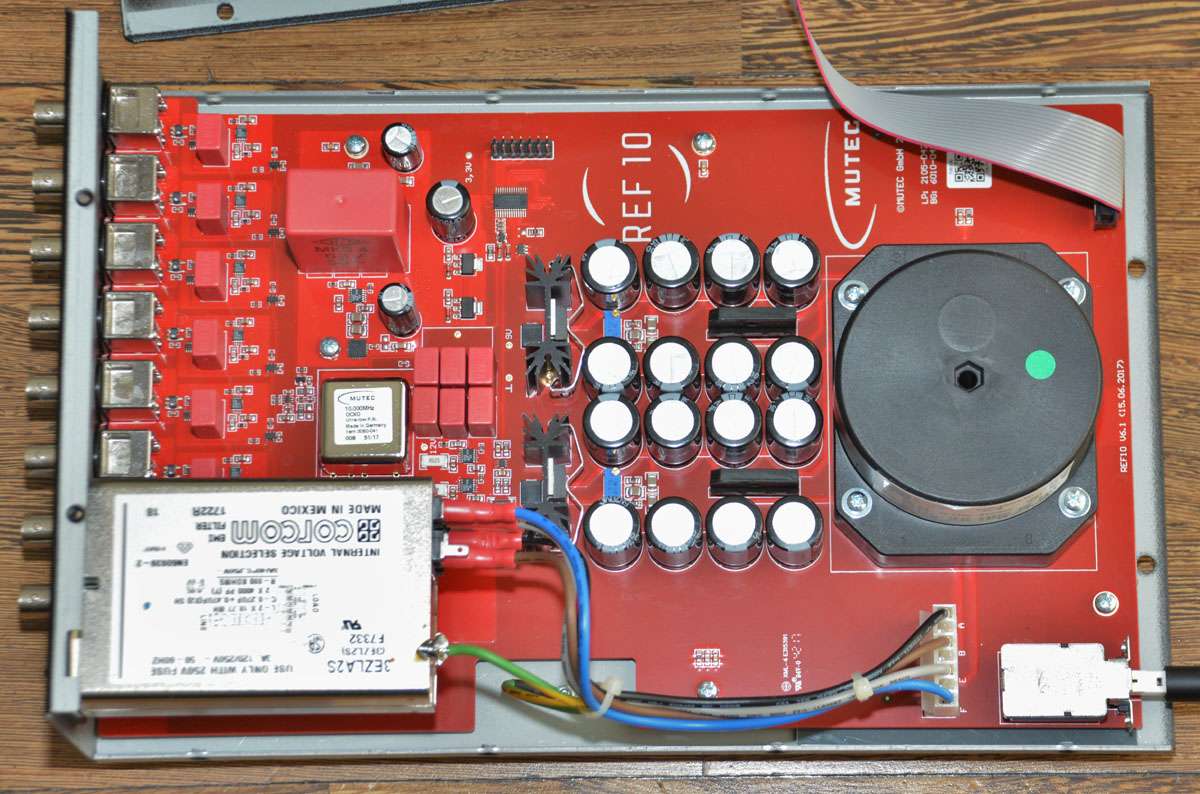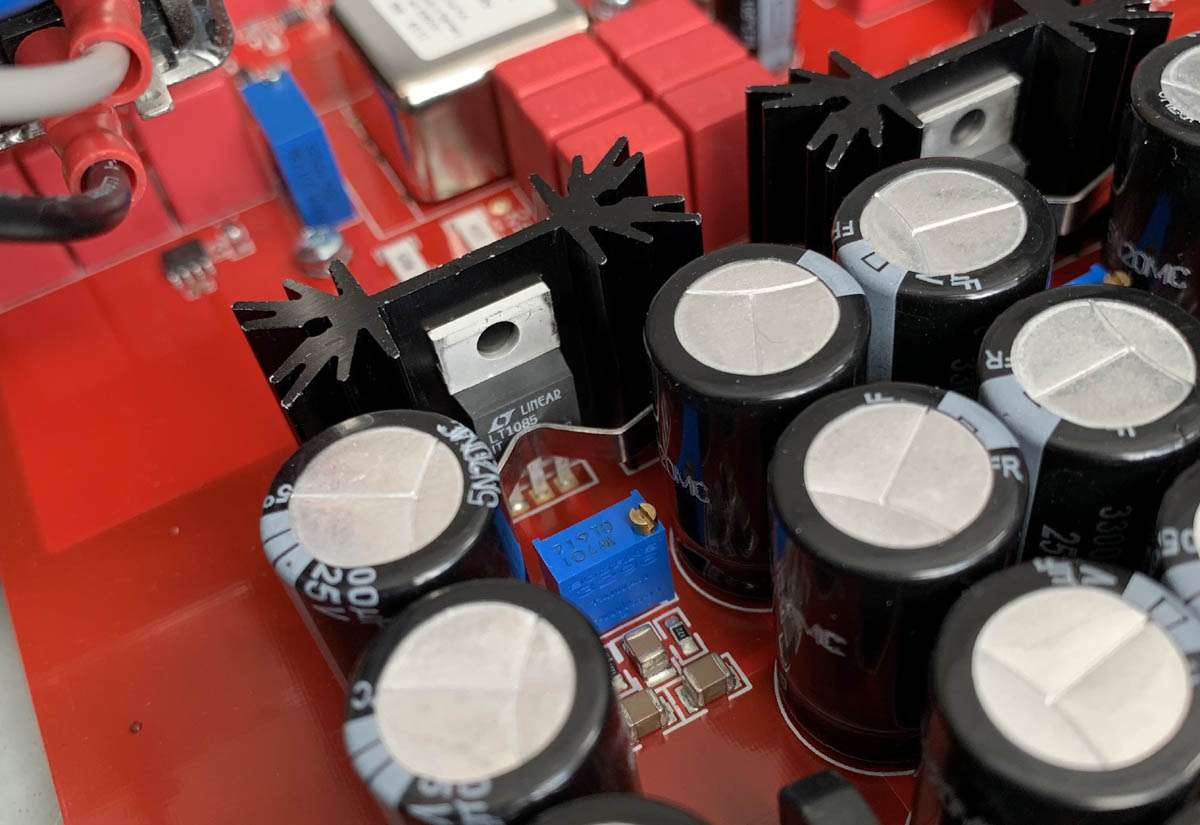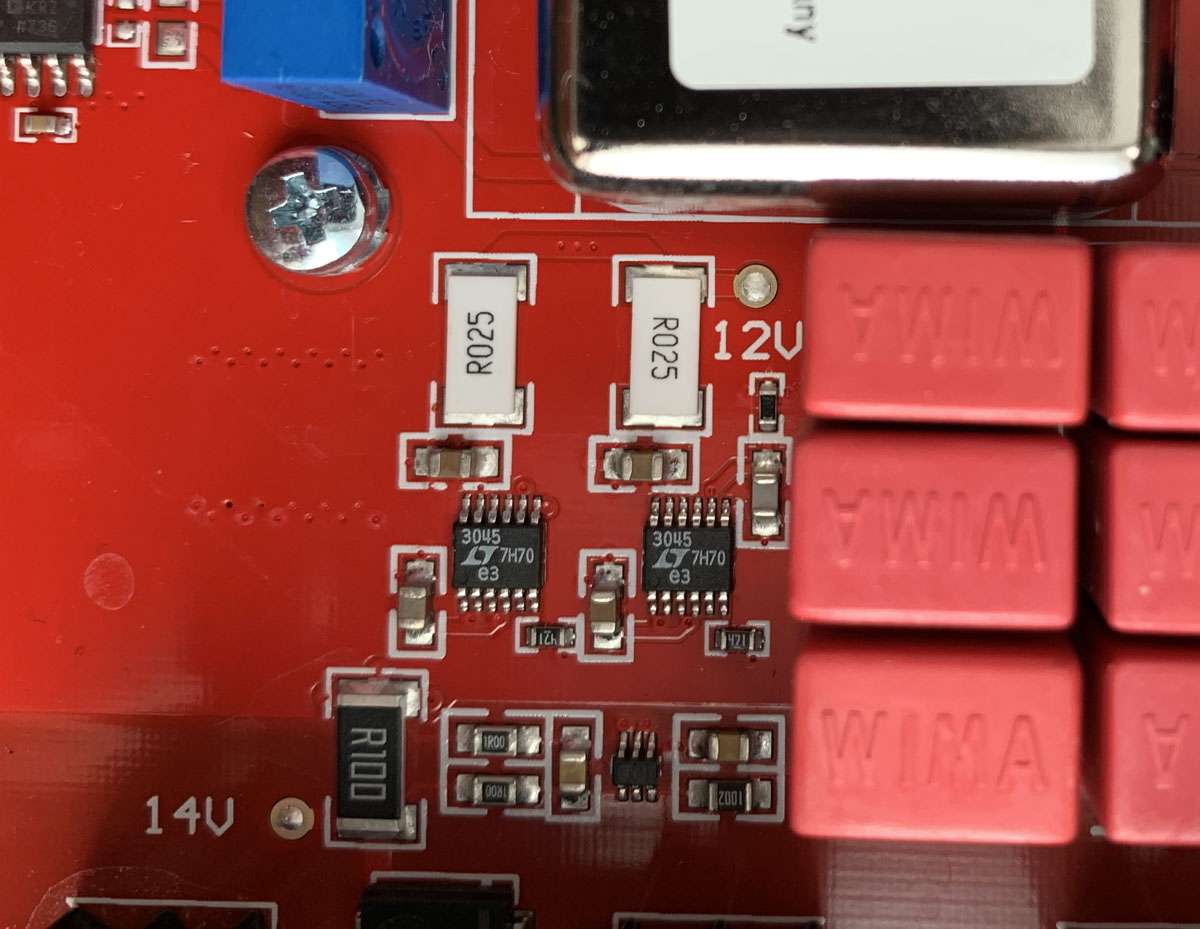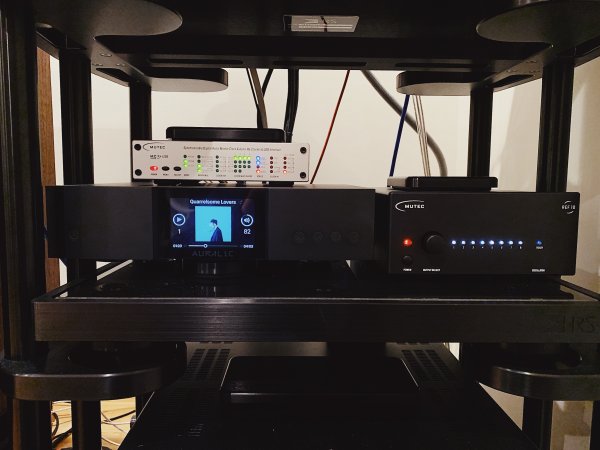I
I know it is hard to believe, I was just as sceptical as you before I heard OP20?Saying it was a life changing moment is a little over stated, but it did completely changed my perception of a clock.
Before that, same as many audiophiles, I think the external clock is just a mean to synconize all clock words in a system. There is more to that. When the clock reaches certain accuracy and stability, everything fall into place. The effect of clock cables becomes less prominent. The sound is just so correct. I use "correct" not good, because good sound differs from person to person. There is only one correct sound.
It is a pity that not many audiophiles can enjoy OP20 or better. It did change my approach towards my digital system forever.
I moved from the Cybershaft op17 to a Mutec solely because i now need 4 clock outputs.
When i got the Cybershaft few years back, I recall a conversation with Ken that you would want the phase noise of the clock to suited the inherent embedded noise in the original recording.
So what it meant to me was that it could be counter productive to have anything better than say a op14 -op15 and would be possibly a better match.
My observations are that the Op17 was smoother and had slightly more refinement which was more evident on audiophile recordings.
The mutec was no less enjoyable and gave a gutsier presentation which i actually preferred more for pop rock streaming from tidal.
All this was still without any glare and would say had more presence and brilliance to the highs and a more powerful midband.
This was using the same equipment and clock cable comparing just feeding 1 equipment.
The Mutec was very good, different presentation but no less any worst just after testing a single track and didnt look back or needed to make more comparisions.
I know it is hard to believe, I was just as sceptical as you before I heard OP20?Saying it was a life changing moment is a little over stated, but it did completely changed my perception of a clock.
Before that, same as many audiophiles, I think the external clock is just a mean to synconize all clock words in a system. There is more to that. When the clock reaches certain accuracy and stability, everything fall into place. The effect of clock cables becomes less prominent. The sound is just so correct. I use "correct" not good, because good sound differs from person to person. There is only one correct sound.
It is a pity that not many audiophiles can enjoy OP20 or better. It did change my approach towards my digital system forever.















